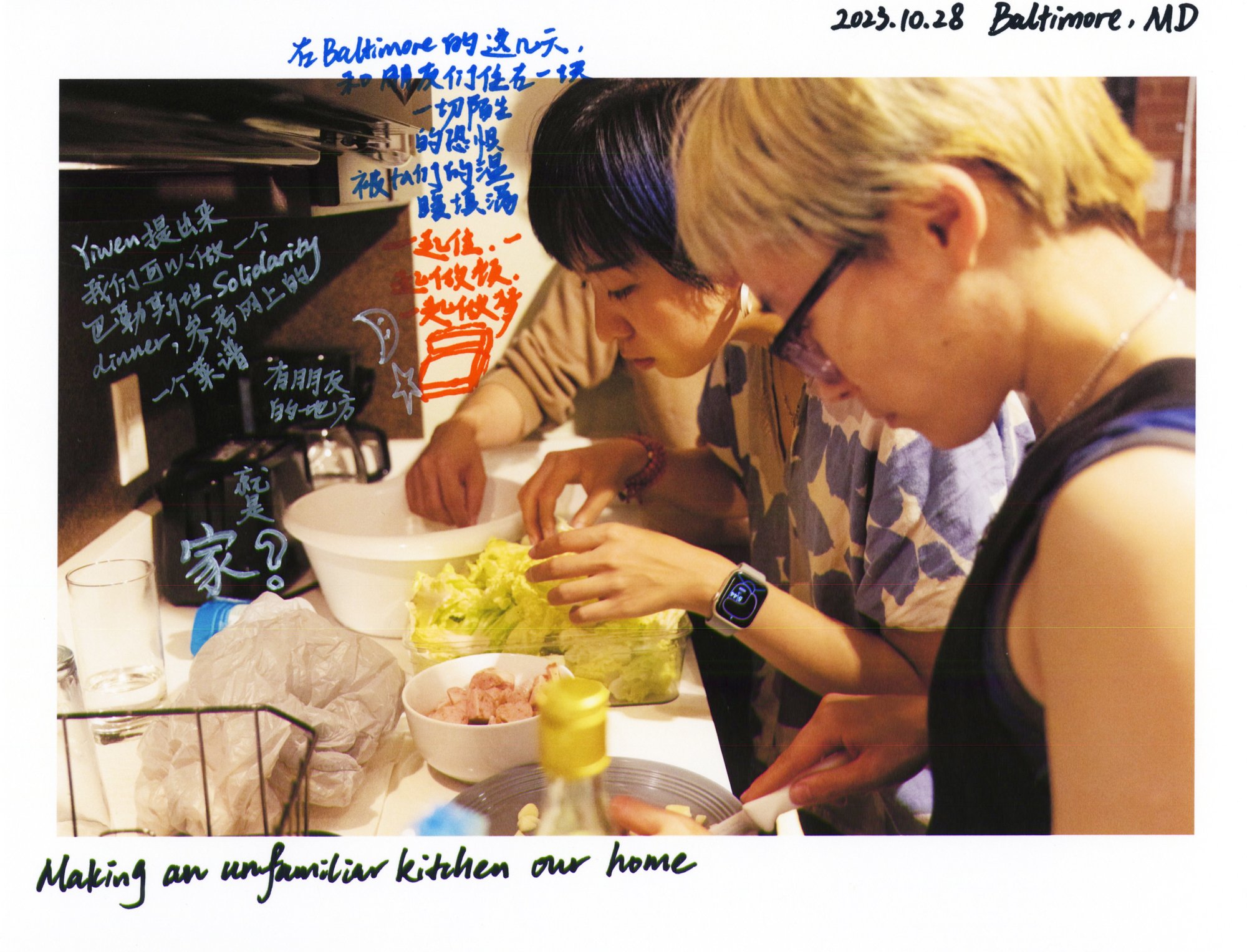2024 DOLLAR BANK THREE RIVERS ARTS FESTIVAL
MAY 31-JUNE 9 | PITTSBURGH, PA
ANTHROPOLOGY OF MOTHERHOOD
KINSHIP & OTHERMOTHERING
BYHAM THEATER
Art Exhibition
FRI, MAY 31- SUN, JUN 9
BYHAM THEATER, 101 6th ST, PITTSBURGH, PA 15222
FRI, MAY 31, 5-8 pm
JUN 1-9, 12-8 pm
This is a hybrid functional art exhibition and feeding room space located in the Byham Theater side lobby. This space is meant to be an interactive amenity and a place of respite for families with young children.
HARRIS THEATER
Film Series
FRI, MAY 31- SUN, JUN 9
HARRIS THEATER | 809 LIBERTY AVE, PITTSBURGH, PA 15222
MON-FRI 2-3 pm
SAT-SUN 12-1 pm
Anthropology of Motherhood’s first featured short film series will be screening daily, free to public audiences, at the historic Harris Theater in Pittsburgh’s Cultural District. Parental guidance is advised.
-
Films contain imagery and subjet matter relating to mental health struggles, references to abortion, and nudity.
Other Events
SUN, JUN 2, 1-3 pm
Anthropology of Motherhood: Kinship through Writing with Veronica Corpuz
BYHAM THEATER, 101 6th ST, PITTSBURGH, PA 15222
In this writing workshop, participants will be led through a series of generative prompts to explore themes of kinship and care while responding to the artwork, experiencing guided imagery and exploring somatic and energetic sources of creativity. No experience necessary.
SUN, JUN 9, 1-3 pm
Meet & Greet with the Himalayan Foundation
BYHAM THEATER, 101 6th ST, PITTSBURGH, PA 15222
Meet and greet with some of the artists with the Himalayan Foundation USA.
SUN, JUN 9, 3-4 pm
Dancing with the Himalayan Foundation
GREEN MOUNTAIN ENERGY STAGE | 101 7th ST, PITTSBURGH, PA 15222
Join the Himalayan Foundation USA as they share some of their dances and celebrate community.
ARTISTS
Anthropology of Motherhood (AoM) is celebrating its ninth year with the Dollar Bank Three Rivers Arts Festival. AoM is an exhibition featuring works of art that engage in the complex visual, material, emotional, corporeal, and lived experiences of motherhood, caregiving, parenting, nurturing, and maternal labor. This unique hybrid exhibition is innovatively designed as both an art space, an interactive amenity, and a place of respite for families with young children.
This year, AoM explores the diverse interpretations and contemporary expressions of kinship - the bonds that connect us, whether by blood, friendship, community, or shared experience – as models of solidarity, activism, and resistance that have the potential to generate robust infrastructures of care.
Within maternal feminist discourses, kinship is often defined and understood through the lens of the care paradigm, caregiving, nurturing relationships, and values of the maternal. The AOM project is grounded in a maternal feminist lens that emphasizes the value of maternal roles and qualities, carework and complex networks of nurturing relationality in both private and public spheres.
In addressing the complexity and fluidity of kinship, we look to black feminist scholars such as Patricia Hill Collins, who coined the terms “Othermothering” and “Community Mothering,” which, according to Kaila Adia, “has been defined as a form of mothering that is rooted in political activism and within a Black Feminist paradigm. It is the concept of accepting responsibility for a child that is not one’s own in an arrangement that may or may not be formal. Although motherhood is a contradictory institution experienced in diverse ways by different women.”
For this exhibition, we look to Queer kinship, which refers to the ways in which the LGBTQIA2S+ community forms familial and close relational bonds that may or may not conform to patriarchal notions of family and kinship. Queer kinship articulates the ways in which queer-identifying people create and sustain meaningful relationships in the context of broader societal structures that privilege heteronormative family models, such as through “chosen families.”
We also center indigenous concepts of kinship, which differ widely among various cultures around the world, but often share certain characteristics that distinguish them from Western notions of kinship such as: extended family structure, non-biological ties, clan and totem systems, and a connection to land and ancestors.
Life Ahead
Trisheena Bolakale
Born/Raw 生
Laura 嘟嘟 Dudu
Milagro: Care No Matter Where
Noëlle King
Abolition is Everything
Sarah Shotland, Jessica Peterson
Here Together, Like Before
Anna Brody
here inside my heart
Patti Durr
Self-portrait with mother goddesses
Fai Knudson
Holding Pattern
Sarah Simmons
Gorilla Milk, Queer Nursing
Liesel Burisch
Sky Dilated, Elasticity series
Rose Malenfant
Challah for Shavuot: El Pan de Siete Cielos (The Bread of Seven Heavens)
Olivia Devorah Tucker
Counting the things that count
Mary Carroll
Paper Pregnancy
Jen Haefeli
Mother is a Contranym
Milo Meldrum
Intimate Encounters
huiyin zhou 徽音
The Anthropology of Motherhood: Feeding Room
was supported by Allegheny Health Network.
























